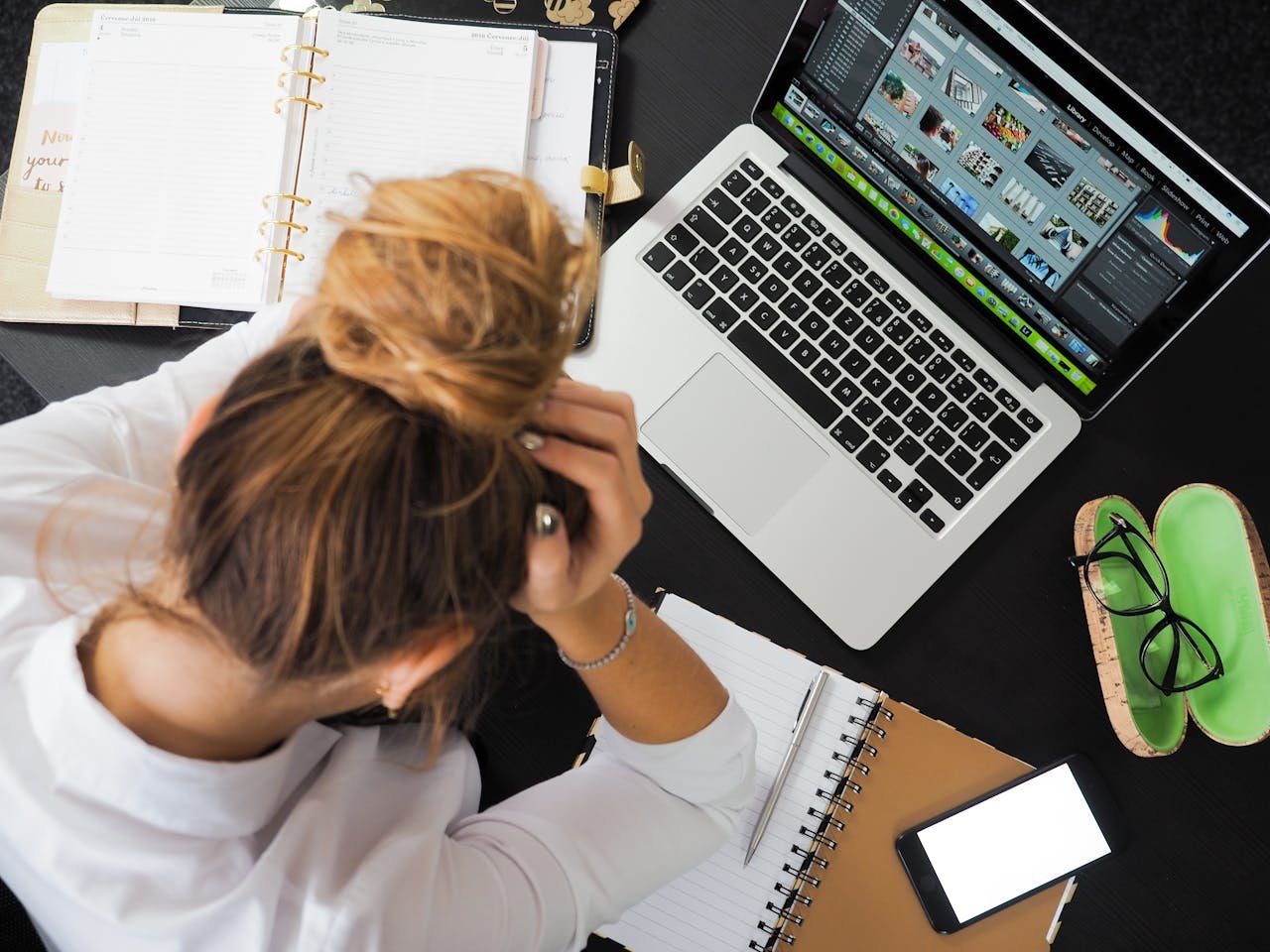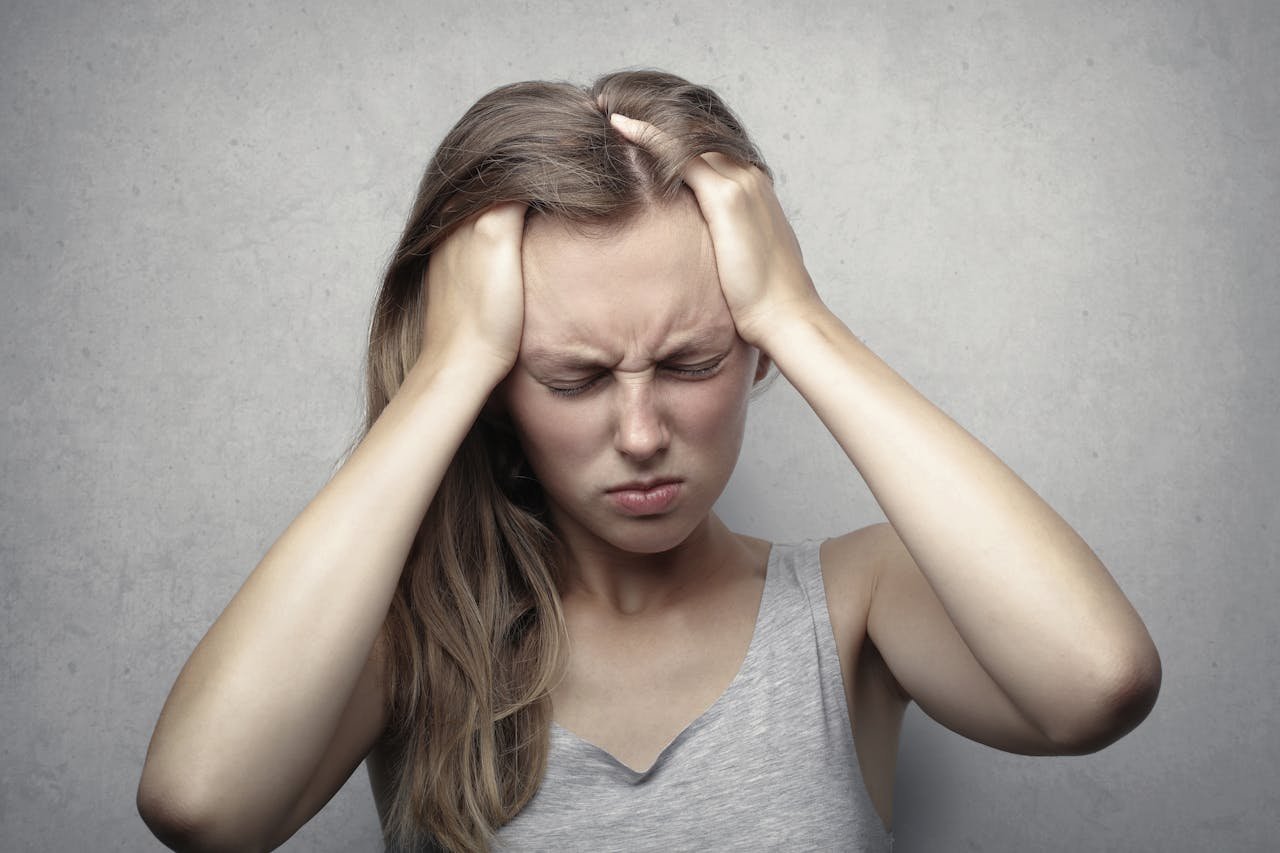Quick Stress Relief: Effective Strategies for Instant Relaxation
In today’s fast-paced world, stress has become an unavoidable part of daily life. Whether it’s due to work pressures, personal responsibilities, or unexpected challenges, stress can take a toll on both our physical and mental well-being. Fortunately, there are several quick and effective strategies that can help alleviate stress and promote relaxation in moments of tension and overwhelm.
Understanding Stress and Its Effects
Before diving into stress relief techniques, it’s essential to understand what stress is and how it affects our bodies and minds. Stress is the body’s natural response to perceived threats or demands, triggering a cascade of physiological and psychological changes known as the “fight-or-flight” response. While short-term stress can be beneficial in helping us deal with immediate challenges, chronic stress can have detrimental effects on our health, contributing to a range of issues such as anxiety, depression, insomnia, and even heart disease.
Quick Stress Relief Techniques
When stress strikes, it’s crucial to have a toolkit of effective coping strategies at your disposal. Here are some proven techniques for relieving stress quickly:
- Deep Breathing: One of the simplest and most effective ways to reduce stress is through deep breathing exercises. Take slow, deep breaths, focusing on inhaling through your nose and exhaling through your mouth. This helps activate the body’s relaxation response, calming the mind and soothing tension.
- Progressive Muscle Relaxation: Progressive muscle relaxation involves systematically tensing and then relaxing different muscle groups in the body. Start by tensing the muscles in your feet and slowly work your way up to your head, releasing tension with each exhalation.
- Mindfulness Meditation: Mindfulness meditation involves bringing your attention to the present moment without judgment. Take a few minutes to focus on your breath, sensations in your body, or the sounds around you. Mindfulness helps quiet the mind and promotes a sense of inner peace and calm.
- Visual Imagery: Visualization techniques involve imagining yourself in a peaceful, serene setting, such as a beach or forest. Close your eyes and vividly picture yourself in this tranquil environment, paying attention to details such as sounds, smells, and sensations. Visualization can help shift your focus away from stressors and induce a state of relaxation.
- Physical Activity: Engaging in physical activity, even for just a few minutes, can help reduce stress and boost mood. Take a brisk walk, do some stretching exercises, or dance to your favorite music. Exercise releases endorphins, the body’s natural stress relievers, and promotes feelings of well-being.
- Laughter Therapy: Laughter is a powerful stress reliever, triggering the release of feel-good hormones called endorphins. Watch a funny movie, share jokes with friends, or engage in playful activities to lighten your mood and reduce tension.
- Aromatherapy: Certain scents, such as lavender, chamomile, and eucalyptus, have been shown to have calming and stress-relieving effects. Use essential oils or scented candles to create a soothing atmosphere in your home or workplace.
Incorporating Stress Relief Into Your Daily Routine
In addition to practicing quick stress relief techniques in moments of need, it’s essential to incorporate stress management strategies into your daily routine. Here are some tips for integrating stress relief into your lifestyle:
- Prioritize Self-Care: Make self-care a priority by scheduling regular breaks, engaging in activities you enjoy, and getting enough sleep each night.
- Practice Time Management: Break tasks into manageable chunks, prioritize your to-do list, and delegate tasks when possible to reduce feelings of overwhelm.
- Maintain a Healthy Lifestyle: Eat a balanced diet, exercise regularly, and limit caffeine and alcohol intake, as these can exacerbate stress.
- Set Boundaries: Learn to say no to additional commitments when your plate is full, and establish boundaries to protect your time and energy.
- Seek Support: Reach out to friends, family members, or a mental health professional for support and guidance when dealing with chronic stress or overwhelming emotions.
Conclusion
While stress is an inevitable part of life, it’s essential to have effective strategies for managing and alleviating it when it arises. By incorporating quick stress relief techniques into your daily routine and adopting healthy lifestyle habits, you can minimize the impact of stress on your overall well-being and cultivate a greater sense of calm and resilience in the face of life’s challenges. Remember, taking care of your mental and emotional health is just as important as caring for your physical health.
FAQs about Quick Stress Relief:
- What is stress, and why is it important to manage it?
- Stress is the body’s natural response to perceived threats or demands, triggering a range of physiological and psychological changes. While short-term stress can be beneficial, chronic stress can have detrimental effects on our health and well-being. Therefore, it’s essential to manage stress effectively to prevent negative consequences.
- How can deep breathing help alleviate stress?
- Deep breathing exercises help activate the body’s relaxation response, promoting a sense of calm and reducing tension. By taking slow, deep breaths and focusing on the breath, you can counteract the body’s stress response and induce a state of relaxation.
- What is mindfulness meditation, and how does it reduce stress?
- Mindfulness meditation involves bringing your attention to the present moment without judgment. By practicing mindfulness, you can cultivate a greater sense of awareness and acceptance, which can help reduce stress and promote emotional well-being.
- How does physical activity help relieve stress?
- Engaging in physical activity releases endorphins, the body’s natural stress relievers, and promotes feelings of well-being. Exercise also helps distract the mind from stressors, improves mood, and enhances overall health.
- Can laughter really help reduce stress?
- Yes, laughter is a powerful stress reliever. It triggers the release of endorphins, promotes relaxation, and helps shift perspective, allowing you to see situations in a more positive light.
- What role does aromatherapy play in stress relief?
- Certain scents, such as lavender, chamomile, and eucalyptus, have calming and stress-relieving effects. Aromatherapy involves using essential oils or scented candles to create a soothing atmosphere, promoting relaxation and well-being.
- How can I incorporate stress relief into my daily routine?
- Prioritize self-care by scheduling regular breaks, engaging in activities you enjoy, and getting enough sleep each night. Practice time management, maintain a healthy lifestyle, set boundaries, and seek support when needed to manage stress effectively on a daily basis.
How to relieve stress quickly Expert tips
- Practice Deep Breathing: Take slow, deep breaths, focusing on each inhale and exhale. Deep breathing activates the body’s relaxation response, reducing stress and promoting a sense of calm.
- Try Mindfulness Meditation: Set aside a few minutes each day to practice mindfulness meditation. Bring your attention to the present moment without judgment, allowing yourself to experience sensations, thoughts, and emotions as they arise.
- Engage in Physical Activity: Incorporate regular exercise into your routine, such as walking, jogging, yoga, or dancing. Physical activity releases endorphins, the body’s natural stress relievers, and helps improve mood.
- Find Humor in Everyday Life: Seek out opportunities for laughter and humor. Watch a funny movie, share jokes with friends, or find humor in everyday situations to lighten your mood and reduce stress.
- Practice Progressive Muscle Relaxation: Tense and release each muscle group in your body, starting from your toes and working your way up to your head. Progressive muscle relaxation helps release tension and promote relaxation.
- Use Aromatherapy: Experiment with essential oils or scented candles with calming scents like lavender, chamomile, or eucalyptus. Inhaling these aromas can help reduce stress and create a soothing environment.
- Take Breaks and Prioritize Self-Care: Schedule regular breaks throughout the day to rest and recharge. Engage in activities you enjoy, such as reading, listening to music, or spending time in nature, to help alleviate stress.
- Set Boundaries: Learn to say no to excessive demands on your time and energy. Setting boundaries allows you to prioritize your well-being and reduce stress from overcommitment.
- Practice Gratitude: Take a moment each day to reflect on things you’re grateful for. Keeping a gratitude journal can help shift your focus away from stressors and cultivate a more positive outlook.
- Seek Support: Don’t hesitate to reach out to friends, family, or a mental health professional for support when needed. Talking about your feelings and concerns can help alleviate stress and provide perspective.











